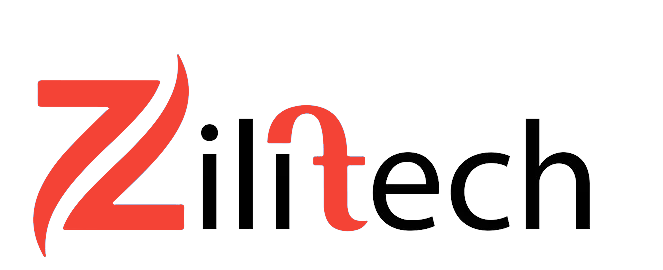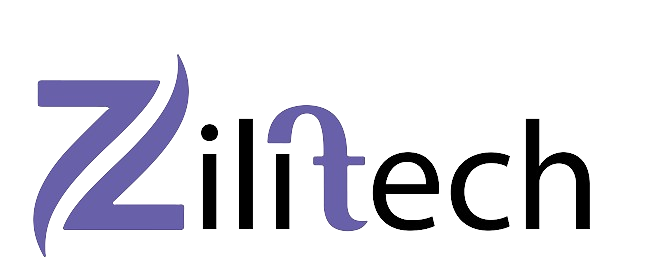
Digital Marketing
Digital marketing encompasses all marketing efforts that use electronic devices and the internet to promote products or services. It leverages digital channels such as search engines, social media, email, websites, and mobile apps to connect with current and prospective customers. Here’s an overview of key components and strategies in digital marketing:
Why Zilitech ?
Unlimited support
We serve the best work
Digital marketing strategies are continually evolving as technology and consumer behavior change. Successful digital marketers stay informed about industry trends, experiment with new tactics, and adapt their strategies to meet the evolving needs and preferences of their target audience.
Best quality
support
Money back
guarantee
Cheap price
provider
Digital Marketing Packages
Starter
- Social Media Page Setup (FB, IG, LinkedIn)
- 12 Posts Per Month (Graphics & Captions)
- Basic SEO Optimization
- 2 Blog Articles (500 Words Each)
- Google Business Profile Optimization
- 5,000 Bulk Emails
- Monthly Performance Report
Growth
- 20 Social Media Posts (FB, IG, LinkedIn)
- Social Media Ad Setup & Management
- Advanced SEO Optimization (On-Page & Off-Page)
- 4 Blog Articles (800 Words Each)
- Google Ads Setup & Management (Budget Extra)
- Google Business Profile Optimization
- 10,000 Bulk Emails
- 5,000 Bulk SMS
- 5,000 Bulk WhatsApp Messages
- Monthly Performance Report
Premium
- 30 Social Media Posts (FB, IG, LinkedIn, Twitter)
- Social Media Ad Setup & Management
- Complete SEO (On-Page, Off-Page, Technical)
- 6 Blog Articles (1000 Words Each)
- Google Ads + Facebook Ads (Budget Extra)
- Email Marketing Campaigns
- YouTube Video Marketing (Shorts & Reels)
- 25,000 Bulk Emails
- 10,000 Bulk SMS
- 10,000 Bulk WhatsApp Messages
- 5,000 Bulk Voice Calls
- Advanced Analytics & Monthly Strategy Call
Search Engine Optimization (SEO): SEO focuses on improving a website’s visibility in search engine results pages (SERPs) to increase organic (non-paid) traffic. It involves optimizing website content, meta tags, images, and other elements to rank higher for relevant search queries.
Content Marketing: Content marketing involves creating and sharing valuable, relevant content to attract and engage a target audience. This content can take various forms, including blog posts, articles, videos, infographics, eBooks, and more. The goal is to build brand awareness, establish authority, and nurture relationships with potential customers.
Social Media Marketing: Social media marketing involves using social media platforms such as Facebook, Instagram, Twitter, LinkedIn, and others to connect with target audiences and promote products or services. It includes creating and sharing content, engaging with followers, running ads, and analyzing performance metrics.
Email Marketing: Email marketing involves sending targeted email campaigns to subscribers or customers to promote products, share updates, provide value, and drive conversions. It can include newsletters, promotional offers, product announcements, personalized recommendations, and more.
Pay-Per-Click Advertising (PPC): PPC advertising involves placing ads on search engines (such as Google Ads) or social media platforms (such as Facebook Ads) and paying a fee each time a user clicks on the ad. It allows advertisers to target specific keywords, demographics, interests, and behaviors to reach their ideal audience.
Affiliate Marketing: Affiliate marketing involves partnering with other businesses or individuals (affiliates) who promote your products or services in exchange for a commission on sales or leads generated through their referral links. It’s a performance-based marketing strategy that can help expand reach and drive sales.
Influencer Marketing: Influencer marketing involves collaborating with influencers (social media personalities, bloggers, YouTubers, etc.) who have a large and engaged following to promote your products or services. It leverages the influencer’s credibility and authority to reach and influence their audience.
Analytics and Data-driven Marketing: Data analytics play a crucial role in digital marketing, allowing marketers to track and analyze various metrics such as website traffic, engagement, conversion rates, ROI, and customer behavior. This data helps optimize marketing strategies and campaigns for better performance and results.


